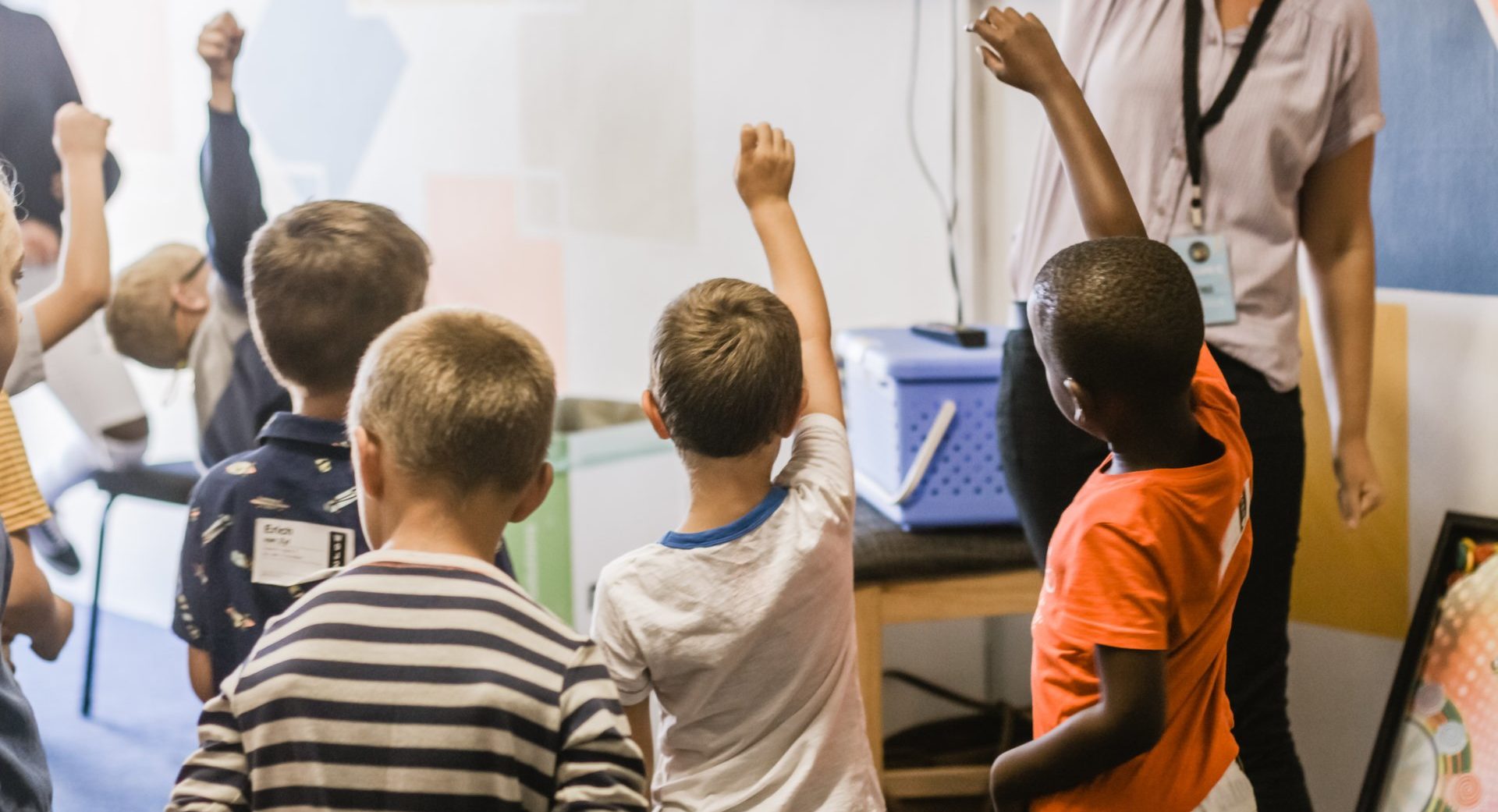School
4 min Read
Back-to-School Jitters: Shyness or Anxiety?

August 13, 2019
School
4 min Read

August 13, 2019

Going back to school is exciting for many kids, but for others, just thinking about school can trigger social anxiety.
It’s something Surrey, B.C., mom Jodie Grant knows well. Her daughter Sara* coped with social anxiety for several years. Making friends was tricky, and she had “huge meltdowns” after being dropped off for her morning classes. One year, she even missed six months of class because of her anxiety issues.
So what is social anxiety? “It’s an excessive fear of being judged or evaluated by others,” says Dr. Lynn Miller, a University of British Columbia registered psychologist. This fear can be overwhelming, sometimes causing physical symptoms like an upset stomach—which highlights the difference between people who are anxious, and those who are merely shy.
Shyness is a personality style, says Dr. Miller, while social anxiety is a mental health issue. “Shy people don’t have this excessive internal agitation about constantly being judged,” she says. “They’re just not as assertive, but still have friends and are successful at school. It’s not interfering with their happiness.”
Social anxiety, on the other hand, routinely interferes with a child’s day-to-day life. “It stops them from doing age-appropriate things,” explains Dr. Katharina Manassis, psychiatry professor at the University of Toronto. Picture this scenario from Ottawa developmental psychologist Dr. Robert Coplan: A shy tween who has to give a presentation in class will likely be nervous and constantly practise in advance. On the day they’re presenting, the tween will blush and be uncomfortable, but they’ll still get through it. In contrast, a tween with social anxiety might try to drop the course or skip class that day.
Fear of public speaking is just one way anxiety can hold kids back. Socially anxious tweens might also avoid eye contact, have trouble making and keeping friends, or flat-out refuse to go to school. That was often the case with Sara, her mom says. “It’s so, so hard. You see this child who is so afraid of being at school—and how do you protect her?”
Fortunately, social anxiety is one of the most treatable mental health issues among adolescents, says Dr. Coplan.
“Anxiety feels terrible, but there are all kinds of skills you can teach your child,” adds Dr. Miller.
So, how you can help?
Experts say the following behaviour could be a sign that your child is suffering:
*Name has been changed.
Originally published in ParentsCanada magazine, August/September 2014.